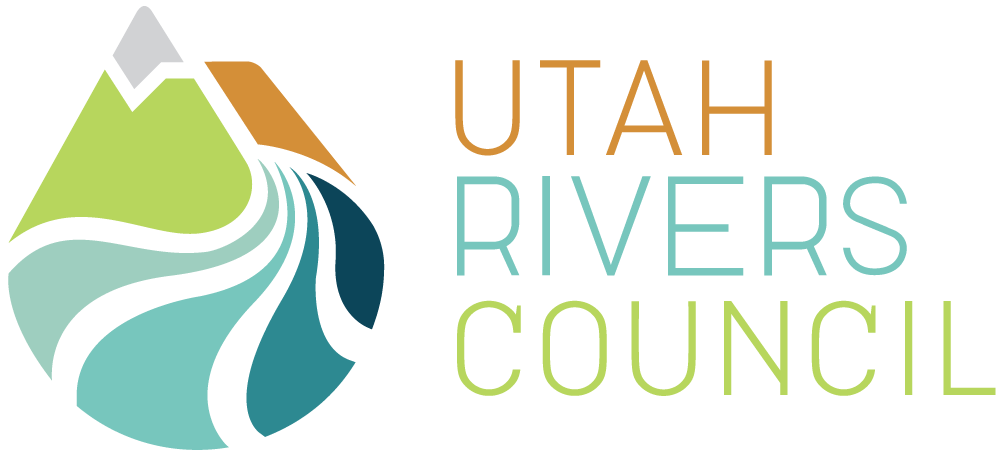2016 Legislature Wrap Up
The 2016 Legislative Session has finally come to a close. This year’s 45-day session of fighting against bad bills and pushing for sustainable water policy will go down as one of the toughest legislatures ever for the URC. We want to give a huge thank you to everyone who helped our fight by contacting their legislators, attending hearings and lobbying at the capitol. Here are some of the highlights (and lowlights) of the 2016 Legislative Session:
Senate Bill 80 – After fighting against the bill for 44 days, SB80 passed the Legislature by just 5 votes in the Senate, 11 votes in the House, and by just 1 vote in House Committee. SB 80 will take sales tax money away from transportation and funnel it into an account set up to fund the Lake Powell Pipeline and Bear River Development. The bill will generate over $165 million for the projects by 2023. With the Lake Powell Pipeline Draft Environmental Impact Statement due out as soon as this fall, we need all the help we can get to keep this nightmare from becoming a reality.
You can also help by telling Governor Herbert to veto SB 80!
House Bill 82 – This bill, which would reduce property tax collections by water suppliers that encourage water waste, failed to even make it to a committee hearing. After years of advocating to remove these wasteful taxes, it is disappointing to see the legislature refuse to even talk about the issue.
Senate Bill 251 – A response to the many criticisms of SB 80, recommendations of the legislative Audit, and the recent economic analysis of the Lake Powell Pipeline, this bill sets criteria the water districts proposing to build Lake Powell Pipeline and Bear River Development must meet before receiving any money generated by SB80. The bill requires a repayment plan for any loans out of the fund, steps up conservation requirements, and establishes more oversight of the State Water Development Commission.
House Bill 305 – HB 305 requires water suppliers to hire a certified staff member to verify the accuracy of their water data. This bill is one of the responses to the legislative Audit from May of 2015 initiated by the URC which found the state’s water supply and demand data was hugely inaccurate.
Senate Concurrent Resolution 1 – SCR1, a resolution encouraging water suppliers with unmetered secondary water to install meters passed the House and Senate with just 3 dissenting votes. SCR 1 is a good step forward because secondary water users are some of the most wasteful water users since most of them have no way of knowing how much water they use.
Senate Bill 28 – SB 28, which requires water suppliers in Utah to implement inclining water rate structures, also passed both houses. Inclining rate structures charge wasteful water users more for their use and reward conscientious water users with lower water rates, promoting free-market water conservation.
